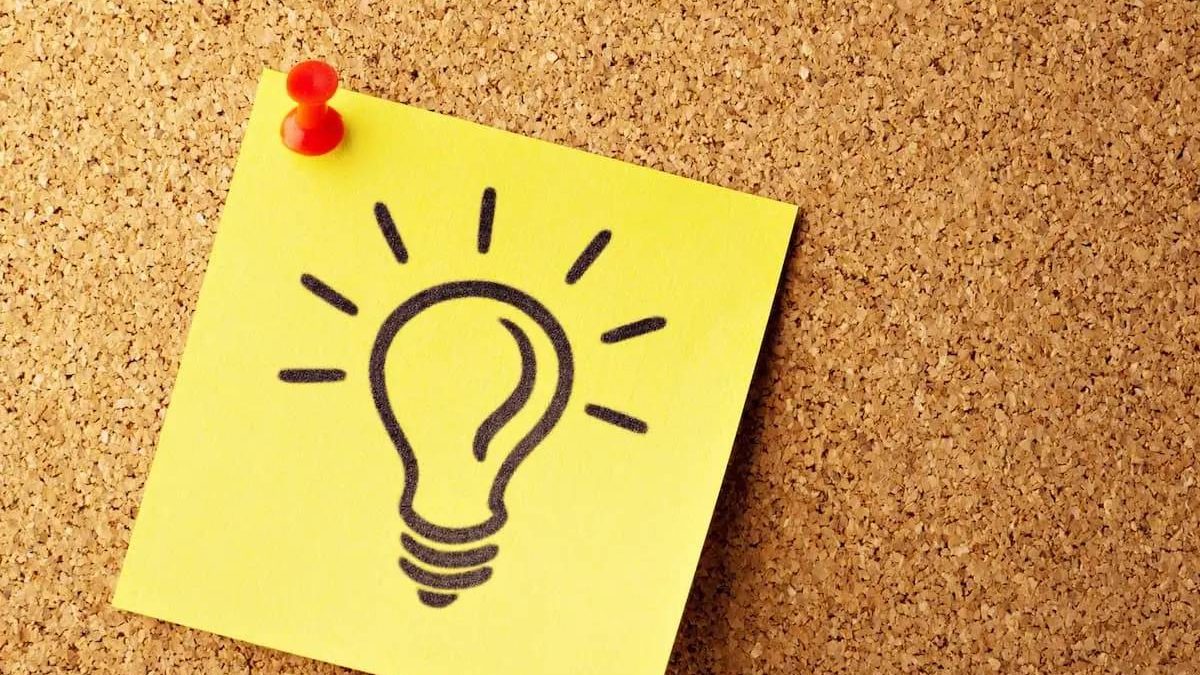It’s common for many people who are flooded with emails, presentations, and meetings to feel stressed – especially since the recent pandemic. However, there are several mindfulness strategies that can help you feel more present and productive. Here are 15 ways to be more mindful at work.
Table of Contents
1. Be Present
Mindfulness is the act of being aware of your surroundings and your feelings in the present. If you are worried about the future or reliving previous negative experiences, gently remind yourself to focus on the present. Think about what needs to be done today, not what’s coming or how things went.
2. Go One Task at a Time
Multi-tasking might seem like the best idea when you’re tasked with many projects at once, but your brain can’t keep up with the stress of it all. Not only are you less productive, but your work will be of lesser quality. Focus on one task at a time.
3. Slow Down
You may not think slowing down at work will benefit you, but rushing through your work when you’re busy is inefficient and stressful. People who work too quickly make poorer decisions and use a lot of energy in the process. Take your time when things get hectic.
4. Create a Gratitude List
People get stuck in negativity all the time. This only adds to any stress and anxiety, but a gratitude list is a mindfulness technique that can reduce negativity cycles. Every day, you’ll write down a few things you’re grateful for. This will keep your mind positive and help you avoid negative thoughts.
5. Go For a Walk
This one is very simple yet effective. If you live near a park or walk to work, this is an excellent opportunity to practice mindfulness. In this exercise, you simply walk in a straight line or a circle and take in the scenery. Walking can relax you and improve your mood and physical health.
6. Look at Something for Five Minutes
It might seem strange, but this technique can keep you in the present and in tune with your current thoughts. Look at something such as a pencil, coffee cup, clock, or chair and observe it for five minutes. Notice the colors, patterns, or shapes of the item. This activity keeps your mind occupied on something in the present, not on past memories or thoughts on the future.
7. Scan Your Body
Stress has various physical symptoms, including nausea, headaches, and chest pain. Next time you find yourself on edge, close your eyes, take some deep breaths, and gently scan from top to bottom of your body, noting how each part feels.
8. Practice Mindful Eating
Rushing through mealtimes due to work can damage your mental health, but mindful eating techniques can help reduce that stress. For example, you might focus on the specific flavors, smells, and texture of the food you’re eating. This also is more effective because you’ll eat without distractions such as your phone or TV.
9. Practice Mindful Driving
Rather than focus on all the projects you need to do once you arrive at work, focus on the drive itself. Think about how your seat feels, look at the other cars around you while at a stop light, and turn off the radio or music so you can think more clearly.
10. The Five Senses Exercise
This technique can be used in any scenario where you feel stressed or anxious. In this exercise, you focus on your five senses in the present moment and count the following:
- Five things you can see
- Four things you can feel
- Three things you can hear
- Two things you can smell
- One thing you can taste
If you find yourself stuck in the past or worried about the future, try using the five senses exercise.
11. Listen to Music
Some people work and listen to music at the same time, but you should consider taking a break to listen to a song you really like. Listen to it intently, pointing out what sounds you didn’t notice before. Also, see if the music gives you any physical reaction.
12. Be Humble
You might feel your self-worth has been damaged when something at work goes wrong. This is common, but humility makes you feel more connected with yourself. Rather than beat yourself up, respond positively and work toward improvement. Humility benefits your mind and everyone around you, reducing stress for everyone.
13. Use Reminders
Reminders can keep you focused on the present if you find yourself stuck in your thoughts. For example, you can set the alarm on your phone that tells you to breathe for two minutes. If you struggle to stay on top of your mindfulness exercises, use reminders to help.
14. Accept Yourself
There are some things you simply can’t change. If something goes wrong, it happens, and that can’t change. However, this is an opportunity for you to move forward and improve your work. Accepting yourself even through shortcomings allows you to enjoy your successes more and keeps you from constant self-criticism.
15. Keep a Growth Mindset
Some people believe their skills and traits are fixed and can’t change. If you want to be more mindful of the present, remind yourself that your skills aren’t set. Through hard work, you can grow and improve. This mindset keeps you motivated when new opportunities arise.
Any type of work can be taxing on your mental health, whether you’re in construction, retail, or the marketing field. Through mindfulness exercises, you can remain in the present and reduce your stress.

